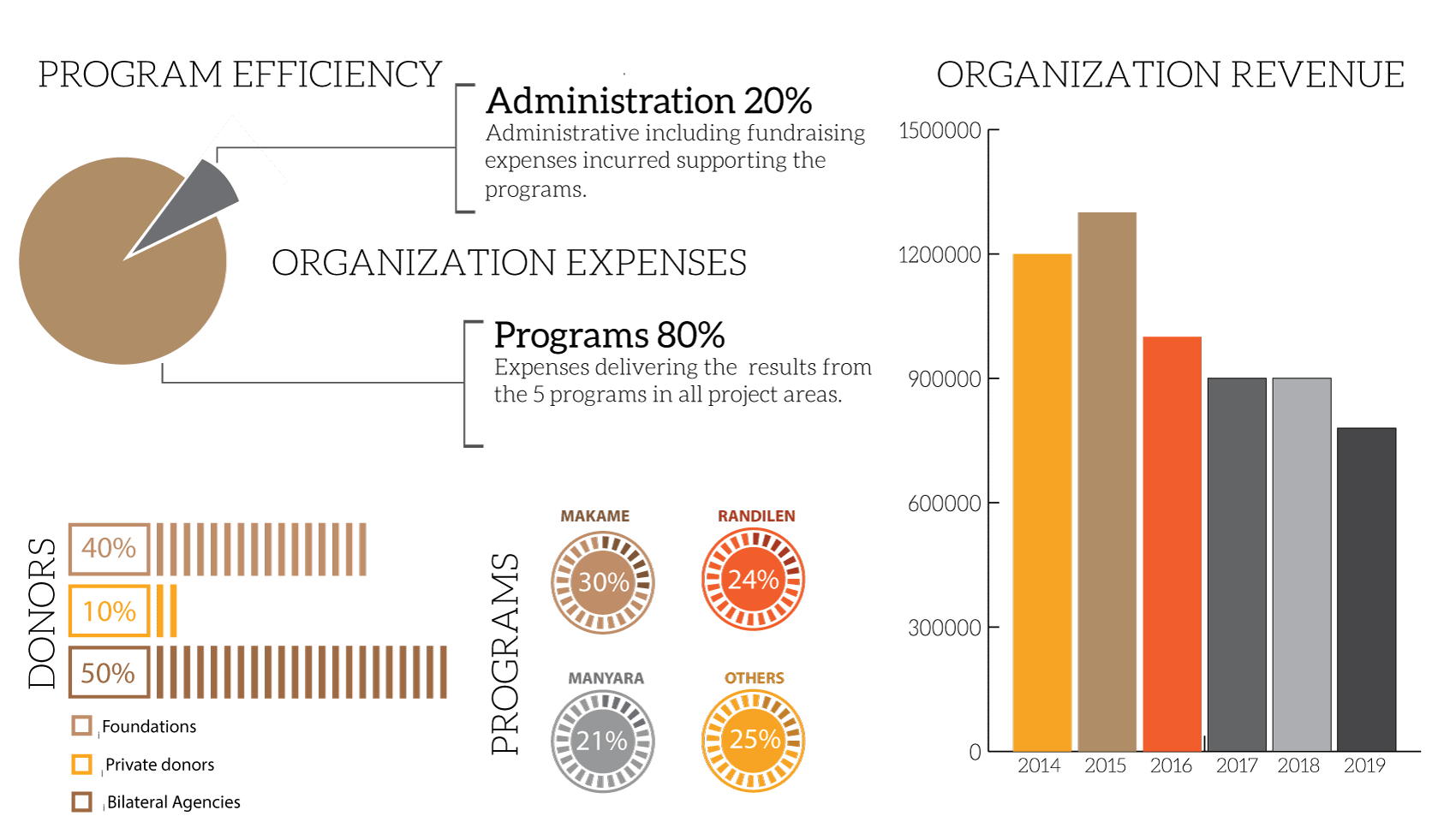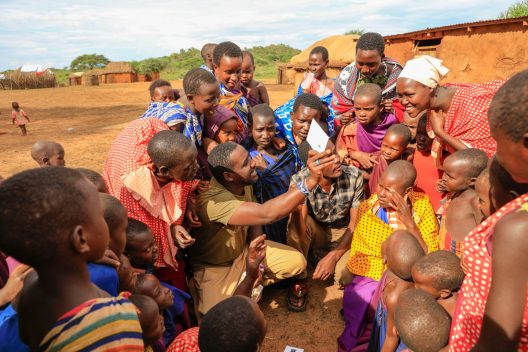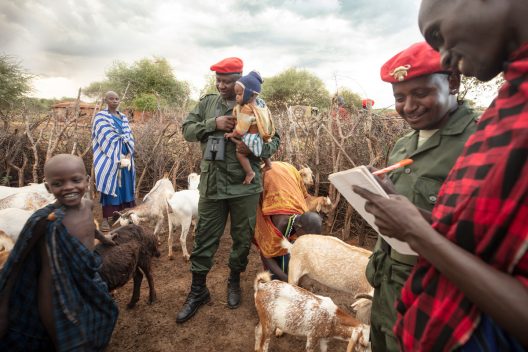Honeyguide’s approach accounts for the fact that a majority of Tanzania’s wildlife lives outside of national parks. Many of the largest animals are migratory, and thus require large landscapes which span boundaries—of countries, protected areas, regions—in order to thrive. This means community lands are indispensable parts of Tanzania’s multiple, vibrant ecosystems, and thus key focus areas for reaching conservation goals.
Our Mission is to build and support robust and sustainable community-based conservation outcomes in northern Tanzania.
Our Vision is that communities and wildlife in northern Tanzania will benefit from each other’s existence and thrive for generations to come.
The Business of Conservation
Central to our approach is the idea that community conservation areas can succeed when run as social enterprises, meaning they are environmentally, financially, and socially sustainable. From the business side, this involves deriving financial gains from natural resources to reduce or remove donor dependence. To this end, Honeyguide offers business advice and actively seeks partnerships that will bring tangible benefits to local residents. To promote social sustainability, we engage multiple stakeholders—resident communities, government officials, and wildlife managers to name a few—to ensure each receives tangible benefits, thereby building broad-based support for conservation goals. In creating conservation-based local enterprises with stakeholder buy-in, we aim to move people and wildlife from a state of coexistence to interdependence, thereby incentivizing protection of their shared natural spaces.
In seeking sustainable solutions through community-based conservation, we work to create situations in which our assistance is only temporarily needed. While we always remain open to working with our partners, we begin every project with an exit strategy, demonstrating our confidence in communities’ ability to manage and govern their protected areas. Only then can people and wildlife in northern Tanzania thrive not just today, but for generations to come.
Organization Finance




